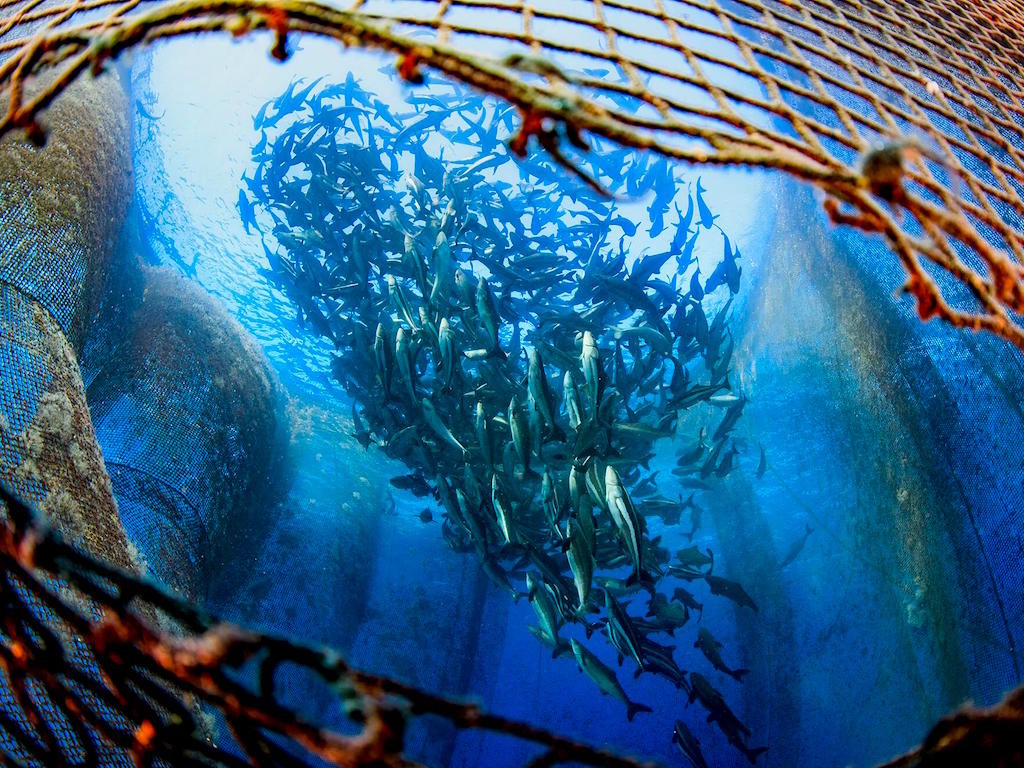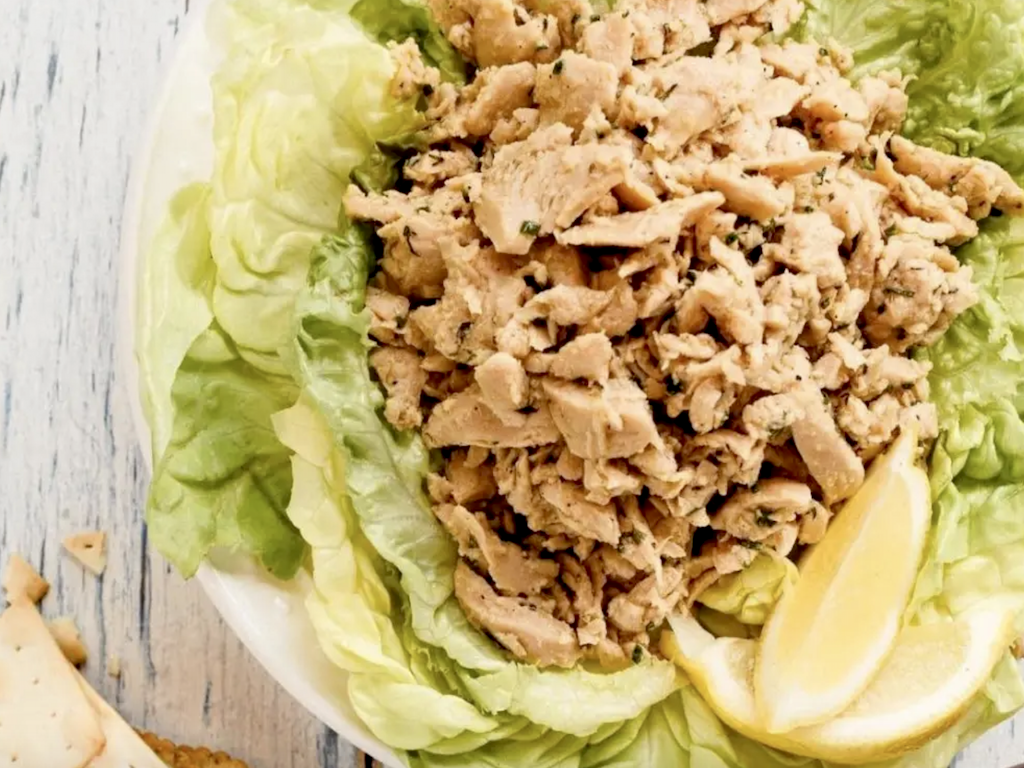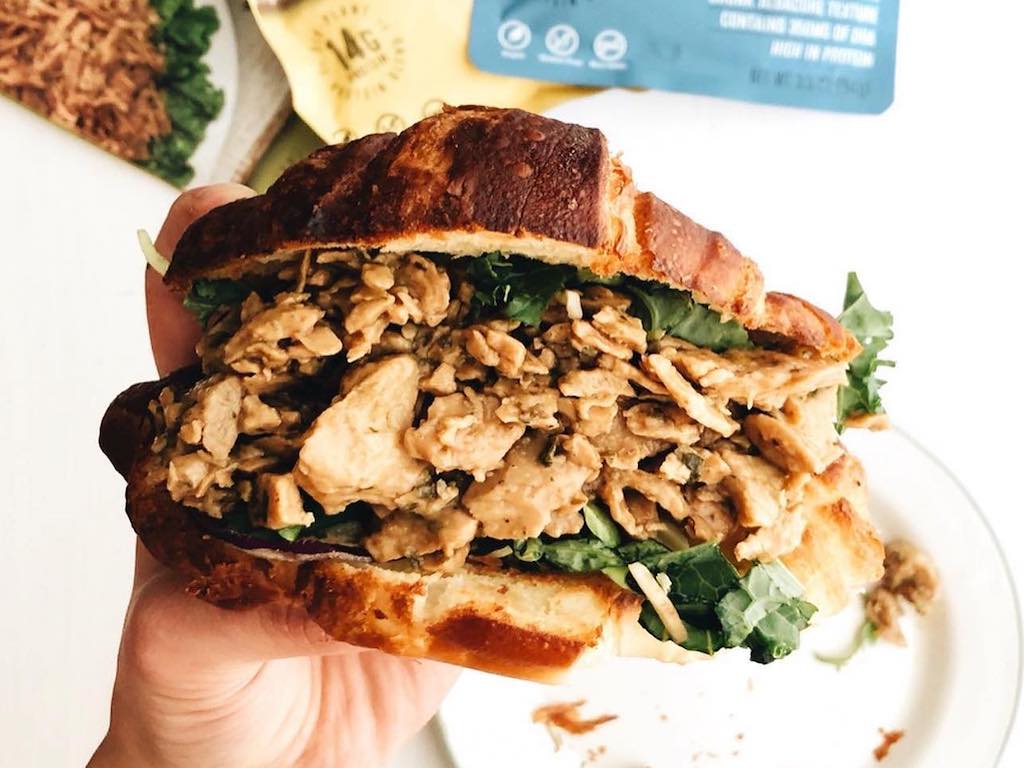3 Mins Read
California-based seafood producer Bumble Bee Foods has announced a US$40 million commitment over the next five years to promote sustainability and plant-based seafood alternatives. Through a dedicated Accelerator Fund, the company will also reduce plastic packaging and help clean up oceans by retrieving waste. It follows the company’s partnership earlier this year with vegan tuna brand Good Catch as the plant-based movement takes off.
Bumble Bee Foods’ new initiative will focus on removing plastics and other waste from the ocean, restoring marine fish species and promoting sustainable plant-based seafood alternatives. Partnering with the nonprofit Global Ghost Gear Initiative, the company plans to deploy ocean-safe tracking mechanisms to find and collect lost and abandoned fishing equipment.
While the company falls short when it comes to making a full switch away from the traditional fishing industry, which remains one of the biggest drivers of plastic pollution, marine species extinction, ecosystem degradation as well as carbon emissions, it has entered the plant-based protein sector via a joint distribution venture with vegan tuna brand Good Catch Foods.
A part of the US$40 million pledge will additionally go towards packaging innovation to help the brand eliminate packaging shrink. By the end of this year, 95% of Bumble Bee’s products will be in recycled packaging, with the figure forecasted to increase to 98% by 2025.

Commenting on the new sustainability and plant-based strategy, Bumble Bee Foods’ president and CEO Jan Tharp said: “Our sustainability journey started many years ago and we’re proud of our past accomplishments, but now is the time to accelerate our actions.”
“Our bold goals for the future are based on our unwavering focus to restore and protect the health of our oceans.”
The move comes as a time when plant-based proteins are taking off globally. Good Catch recently reeled in an impressive line-up of celebrity investments, including from Woody Harrelson, Shailene Woodley and Paris Hilton, while Swedish food tech startup Hooked, the creator of the world’s first vegan shredded salmon were admitted as ProVeg Incubator’s promising protein disruptors this year.

Transformation of the conventional seafood industry is vital as the appetite for seafood continues to grow, much of the demand coming from Asia. By 2030, Asian consumers will be responsible for 73% of the increase in global seafood intake, as detailed in the Asia Alternative Protein Industry Report.
To meet rising demand, seafood supply chains are now placing immense burden on the world’s oceans and exacerbating the climate crisis. Aside from environmental damage, the industry is mired with traceability and mislabelling issues as well as disease outbreaks. In the midst of a pandemic, seafood production in China is currently battling the spread of Div1 shrimp virus disease in cramped aquaculture pens.
Some entrepreneurs in Asia are looking at cellular agriculture technology as hope to produce real sustainable seafood in labs. While Singapore-based Shiok Meats is creating lab-grown shrimp, Hong Kong’s Avant Meats is cultivating the highly-prized and in-demand traditional Chinese delicacy, fish maw.
Lead image courtesy of Good Catch Foods.



